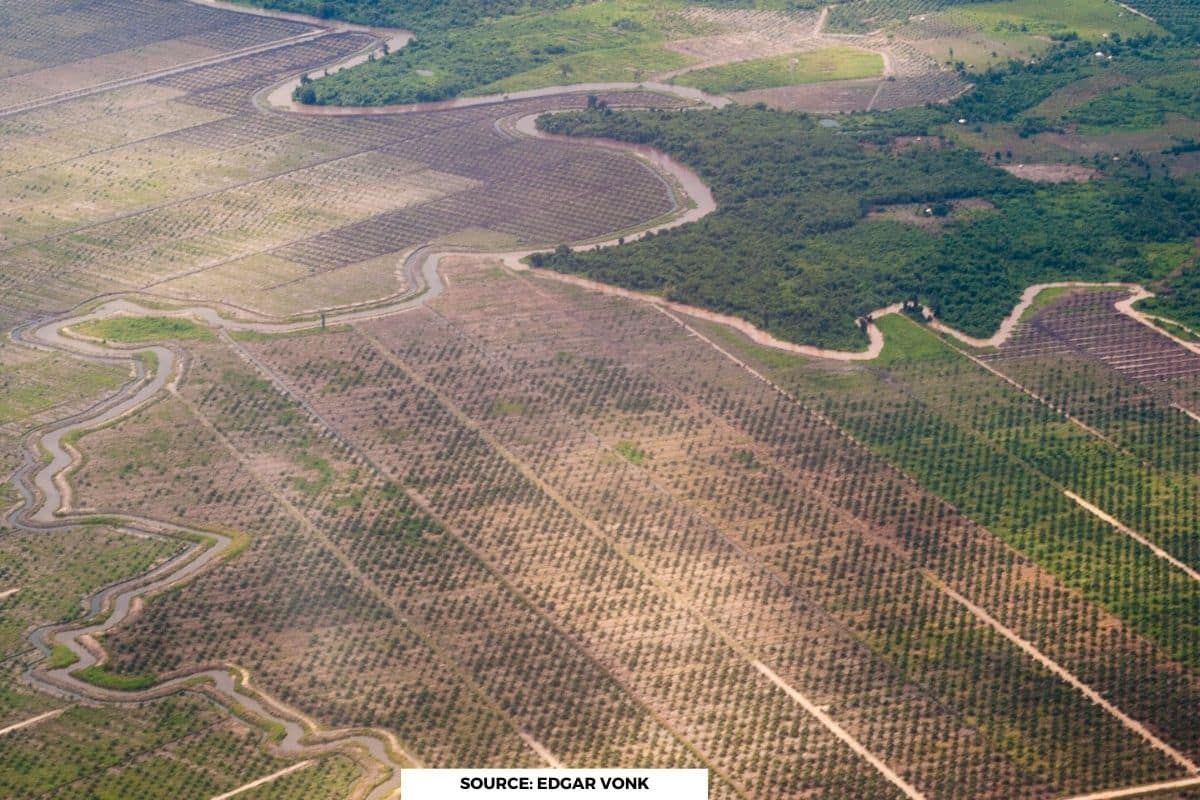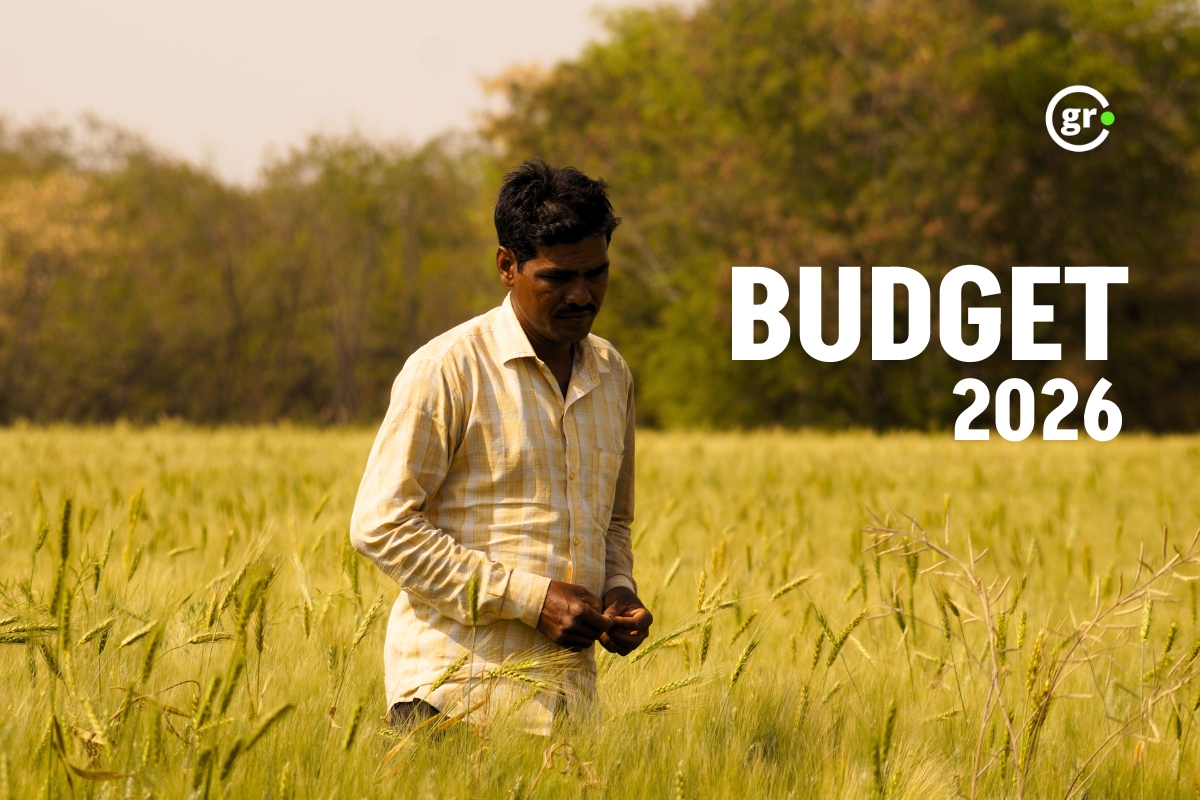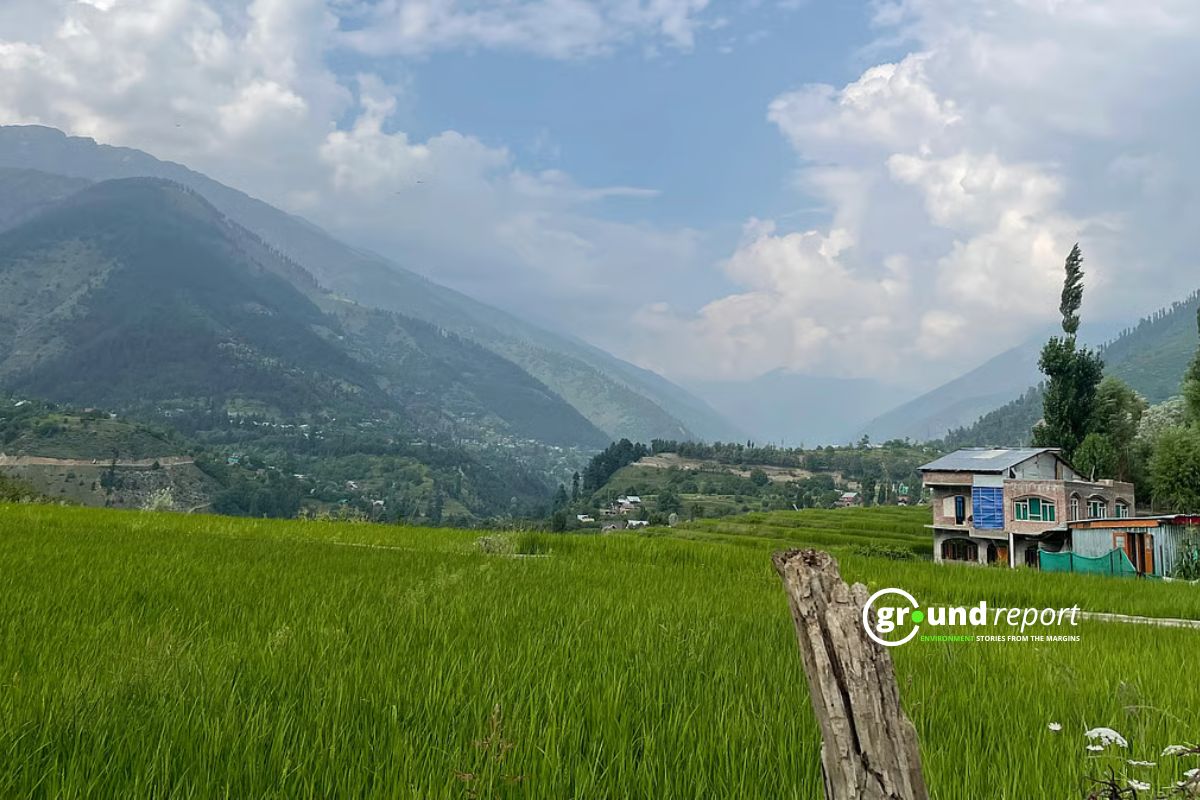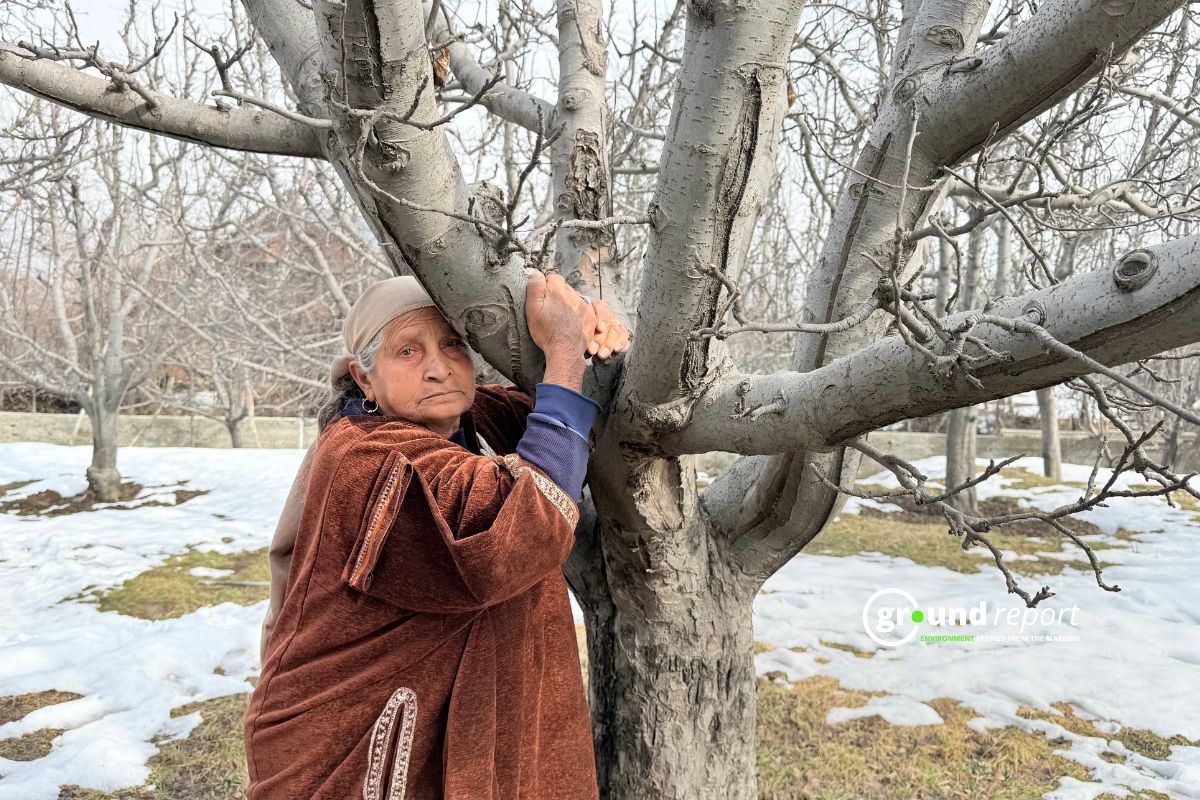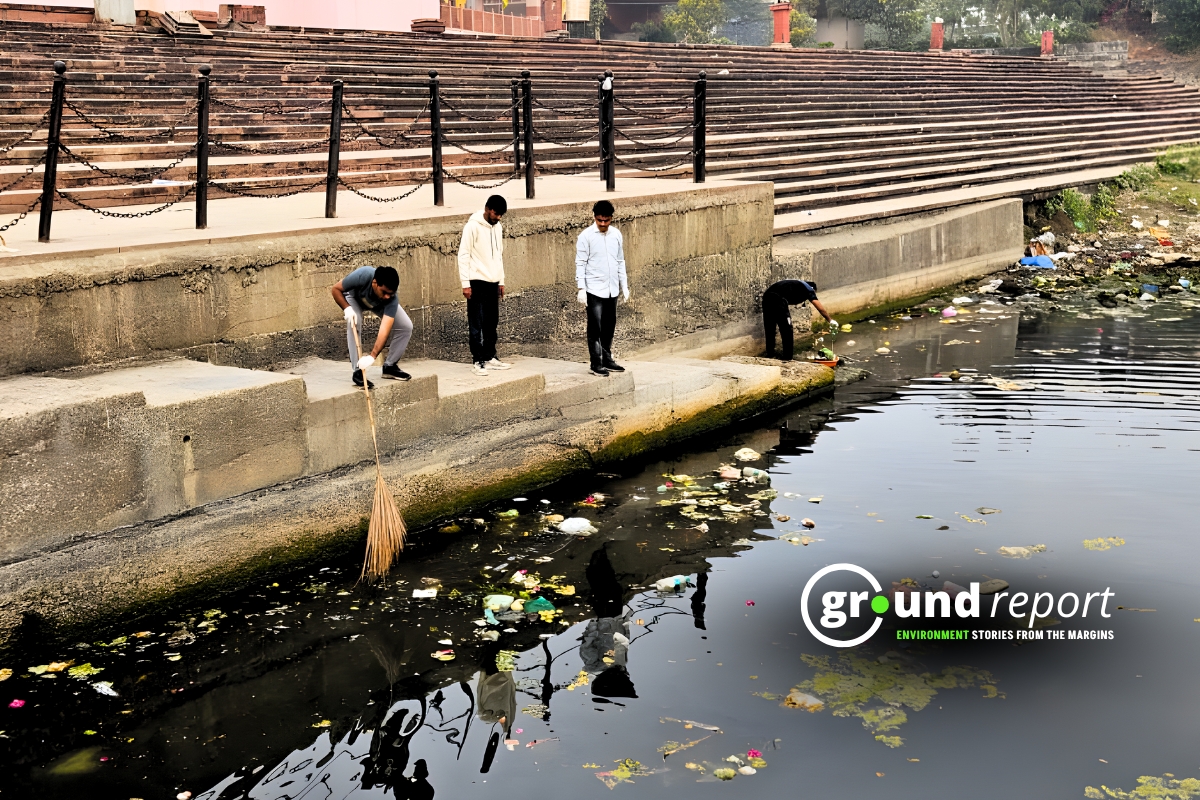India’s agriculture sector, which employs nearly half of the country’s workforce, is facing a significant threat from climate change. This year, food prices have already risen by 11.51% due to low crop yields, and with temperatures on the rise, production could decrease even further.
Indian agriculture faces climate threats
A report titled ‘Impacts of climate change on agriculture in India’ by Climate Trends highlights the vulnerability of Indian agriculture to changes in the summer monsoon, which is crucial for the economy.
The report presents evidence that summer monsoon rainfall has decreased by 6% since the 1950s, with a 10% drop in the central region where rain-dependent agriculture is predominant. The erratic monsoon has led to both weak rainfall and severe floods, disrupting crop production, food prices, and exports.
Climate change has also impacted rice and wheat yields, with a potential 14.4% increase in rice harvest lost between 1985–1998 due to greenhouse gases. Wheat yields have seen a 5.2% decline from 1981–2001 in many states, with greenhouse gases largely blamed for the drop in yields from 1980 to 2010.
In the Himalayan region, snow damage to apple cultivation has doubled since 2000. Climate change has also reduced the cumulative rice crop by about 6% (approximately 75 million tonnes) from 1966–2002 in several states. The irregular monsoon in June and July 2023 delayed Kharif crop sowing, resulting in about 9% less area sown compared to the previous year.
Rising temperatures negatively impact traditional crops
Experts like Dr. Akshay Deoras from the University of Reading warn that even minor weather anomalies can severely affect agriculture. Global warming is increasing the frequency of extreme weather events, making the sector more susceptible to damage.
Rahul Todmal, an assistant professor at Pune University, notes that warmer climates will negatively impact agricultural productivity, particularly for traditional crops like jowar, millet, pulses, sugarcane, onion, and maize. Wheat quality and yield may also suffer due to rising temperatures.
Aarti Khosla, Director of Climate Trends, stresses the dire consequences of increased climate variability. With a long-term decline of 10% in monsoon rainfall and a rise in extreme weather events, agriculture faces significant challenges. Rice and wheat, which make up 85% of India’s total annual grain production, are especially sensitive to climate change. Any alteration in climate patterns can have profound effects on India’s economy and the well-being of its people at both macro and micro levels.
Farmers all over India are feeling the effects of climate change, from poor apple harvests in Kullu to unpredictable rain and lower crop yields in Uttarakhand. In the Kanchenjunga Biosphere Reserve, they’re dealing with warmer weather and erratic rainfall, while in West Tripura, diseases are on the rise and there are fewer rainy days. Kanchipuram’s farmers face late monsoons and dry soil, which hurts their crops.
Irregular rain poses threats to crops in India
Devinder Sharma, a food policy analyst, points out the social and economic issues caused by irregular rain. He warns of potential crop shortages in Haryana and flooding in Punjab. Sharma also notes that uneven rainfall in eastern India could harm rice production and stresses the need for better irrigation, which could affect groundwater.
Food inflation is climbing, with tomato prices soaring by over 700%, leading to a 40% export duty on onions. The Ministry of Statistics and Programme Implementation reports that food price inflation hit 11.51% in July 2023, affecting vegetables, pulses, cereals, spices, and milk.
The extreme heat is also damaging crops. The 2022 heatwave is expected to cause at least 90 deaths in India and Pakistan. With temperatures rising due to human-caused climate change, food crop yields could drop even more, putting food security at risk.
India must take urgent action to protect its agricultural legacy, economy, and food supply. Crop diversification and resilient farming are becoming increasingly vital for a sustainable future.
Keep Reading
Part 1: Cloudburst in Ganderbal’s Padabal village & unfulfilled promises
India braces for intense 2024 monsoon amid recent deadly weather trends
Support us to keep independent environmental journalism alive in India.
Follow Ground Report on X, Instagram and Facebook for environmental and underreported stories from the margins. Give us feedback on our email id greport2018@gmail.com.
Don’t forget to Subscribe to our weekly newsletter, Join our community on WhatsApp, and Follow our YouTube Channel for video stories.
